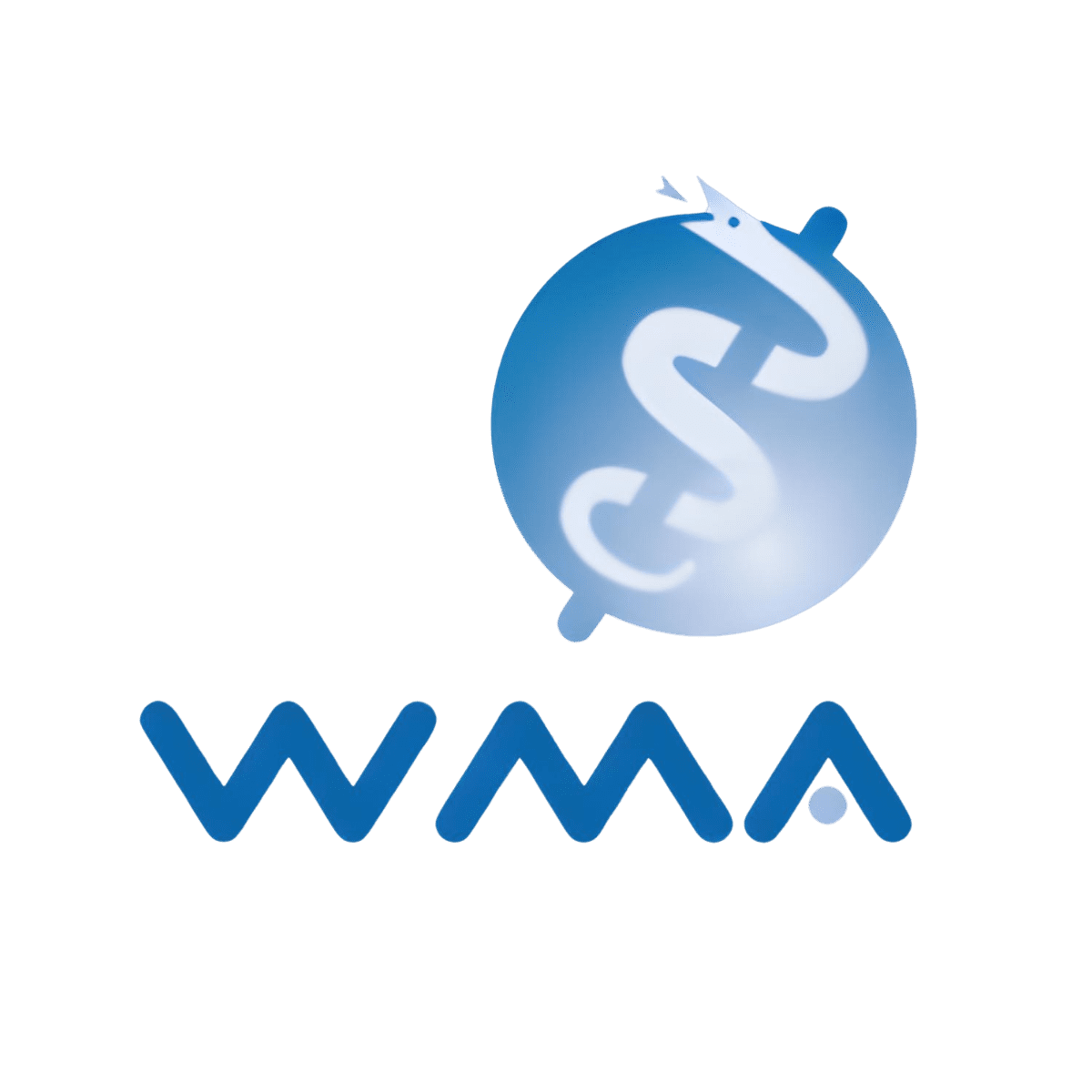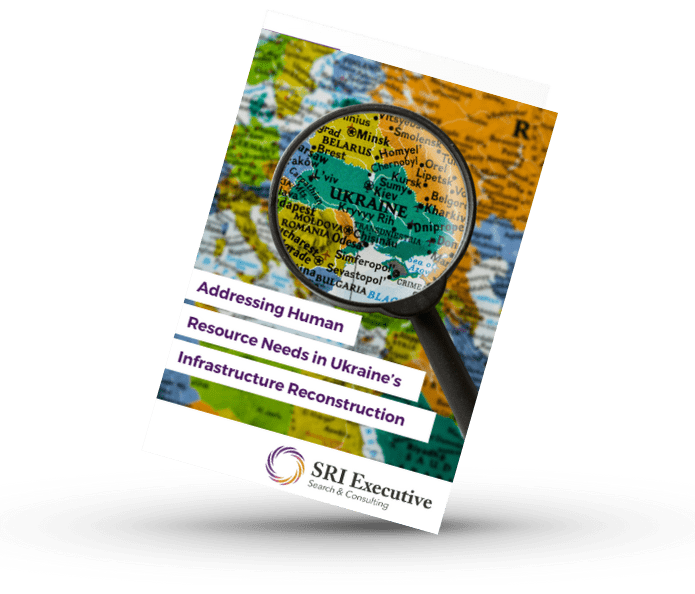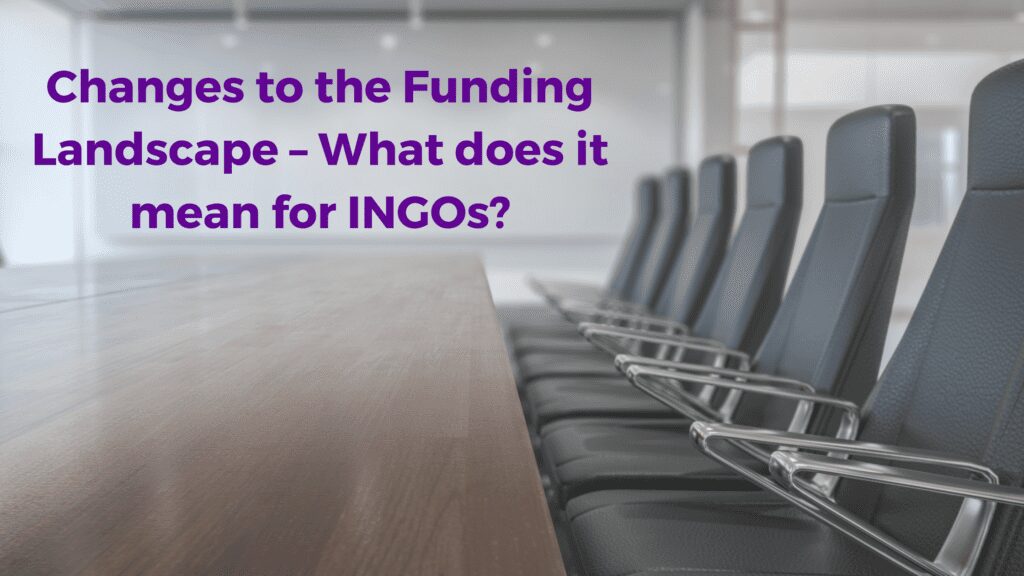About World Medical Association
Role purpose
The Secretary General (SG) plays a pivotal role in supporting WMA’s democratic and convening function, bringing together diverse viewpoints through open and transparent debate. The SG leads the Secretariat, advises physician leadership, and ensures WMA’s influence in global health policy, ethics, and advocacy.
Based at the Secretariat office in a French suburb of Geneva, the Secretary General will have the opportunity to engage with a diverse and skilled team, strategize to continue growth of WMA membership, enhance and protect the role of physicians in upholding the highest standards of ethics and quality medical care, and influence evolving global health policies in collaboration with other international organizations.
Major Duties and Responsibilities
Strategic Leadership
- Support the General Assembly and the Council with advice on strategic direction for the WMA, helping to prioritize issues and ensure WMA’s continued relevance in a complex and diverse global environment.
- Provide support and advice to the Executive Committee, Council, and General Assembly on WMA’s positioning and influence within the global health development agenda.
- Provide clear direction and vision for the secretariat in line with the WMA strategic plan.
Operational Management
- Provide leadership and implement an annual work plan to execute on WMA policies and priorities, anticipating workload and setting objectives and KPIs for the Secretariat team.
- Lead the development of annual budgets and manage and oversee spending and finances effectively and transparently.
- Lead a multicultural Secretariat team by providing clear direction, delegating work, and maintaining a supportive work environment. This includes monitoring and evaluating staff performance, as well as empowering them through professional development and growth opportunities.
Governance
- Ensure outstanding support by the Secretariat for all governance and statutory meetings of the WMA General Assembly, Council, and Committees, and appropriate follow-up and reporting on action items.
- Work closely with the Chair of Council to adopt and utilize accepted best governance practices for all WMA’s rules and procedures as set out in its governing documents.
- Working with the Chair of Council, maintain strong relationships with WMA members to support the efficient and effective operations of governance meetings, supporting an inclusive environment where diverse opinions are welcome.
External Relations and Fundraising
- Work closely with the Chair of Council to prioritize external representation roles to advance WMA relevance and policies. Representation responsibilities are shared with elected leaders, requiring flexibility to lead or support as needed.
- Strengthen WMA’s global visibility by cultivating and sustaining strategic partnerships and collaborations, serving as a door opener for elected leadership to advance the Association’s mission.
- Maintain strong relations and expand the WMA’s membership of national associations (and individual Associate members).
- Increase WMA’s global visibility with physicians and the public through active positioning in global health debates, traditional media, and social media, to improve knowledge and relevance of WMA’s policies and work.
- Explore potential opportunities to diversify WMA’s revenue base in ways that strengthen its capacity to advance policy priorities.
Requirements
- A visionary leader with a strong personal alignment with the WMA’s vision and mission.
- A physician with strong healthcare expertise and an understanding of the present-day challenges front-line physicians face in their work.
- Demonstrated experience developing strategies and successfully implementing change in a large, complex organization with multiple stakeholders. Experience in membership organizations is an advantage due to the unique dynamics.
- Strong business acumen and proven operational skills (including recruitment and supervision of staff, and management of significant finances).
- Strong diplomatic, networking and advocacy abilities with demonstrated experience working inclusively across differences and in multi-cultural settings.
- Demonstrated experience balancing operational management, strategic visioning, and external representation.
- The SG must demonstrate flexibility and readiness to undertake tasks as needed in a small Secretariat, while respecting the primary external role of elected physician leadership.
- Knowledge of global health challenges and dynamics.
- Ability to represent the organization with credibility and effectively navigate complex international political and institutional situations.
- Ability to work independently, including strong writing and public speaking skills.
- Familiarity with the architecture of the United Nations and its agencies, programs, and funds is an advantage.
- Good knowledge of French is an advantage but not required, as English is the working language.
Terms of Appointment
Permanent Contract (Contract Duration Indeterminée) under French labor law.
Role Location
Ferney-Voltaire, France (just outside of Geneva, Switzerland), with significant travel.
How to Apply
To apply for this position, please ensure you complete the Application Form provided below by 08 October 2025 (23:59 hrs, GMT +2 ). It is essential that you submit your CV in English, specifically in Microsoft Word format (.doc/.docx), not exceeding 10MB.
Applications in other languages or formats will not be considered.
Rest assured, all information will be handled with the utmost confidentiality.
SRI Executive is exclusively retained by the World Medical Association to undertake this assignment.






